The TikTok ban just got closer – here's what the new US law means and what happens next
A new law could see TikTok sold – or banned – in the US
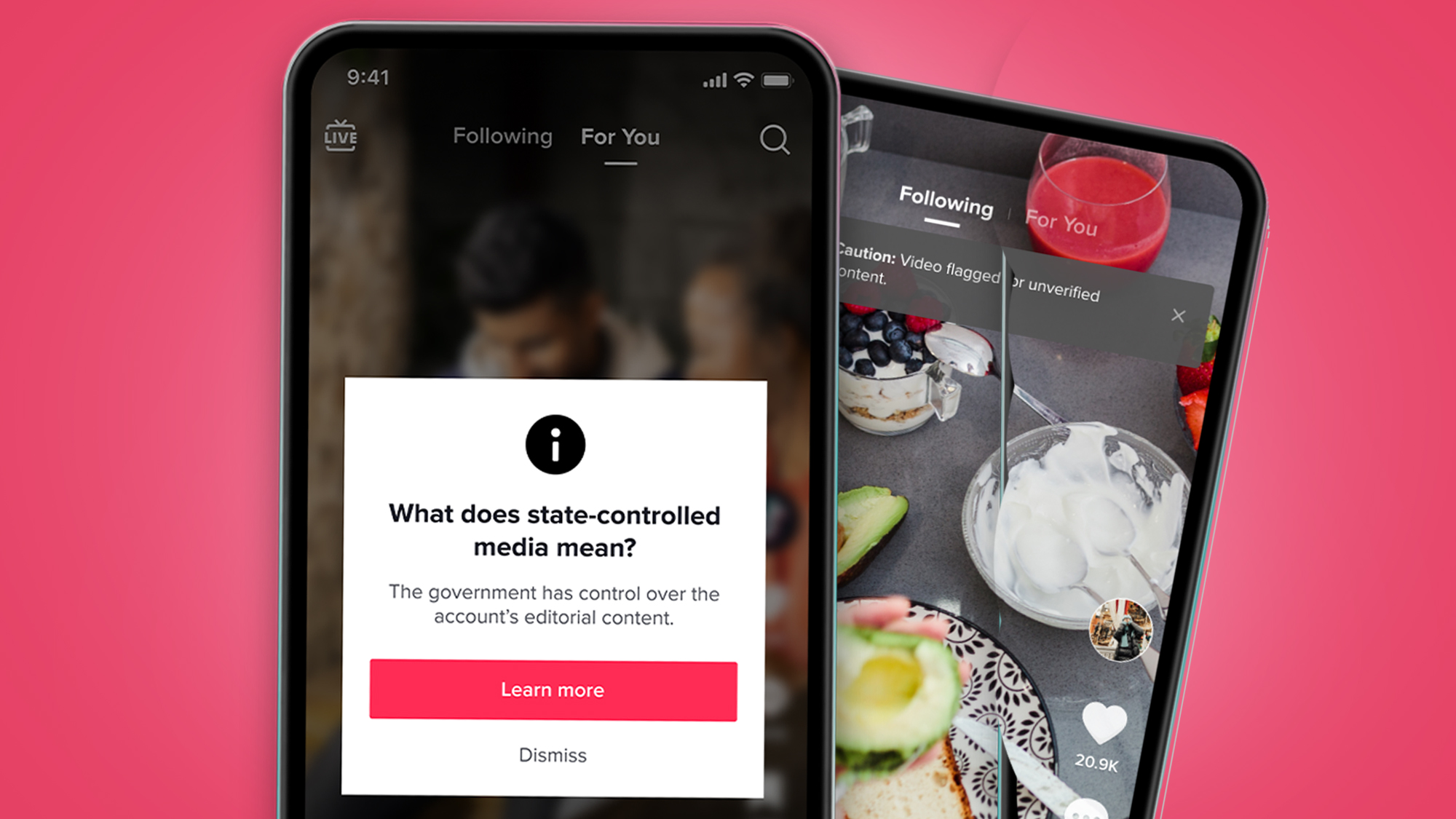
TikTok now faces the very real threat of being banned in the US unless the app is sold by its owner ByteDance, after President Biden signed a new bill into law that has set the clock ticking.
The bill, which gives ByteDance nine months to divest itself of the app or see it blocked in the US, passed through the Senate yesterday, and was signed by President Biden today, April 24.
Why is this happening? The US Government, including the current Biden administration, has been investigating TikTok and its relationship with its China-based parent company for several years now. The main accusation is that TikTok collects and stores the data of millions of American users, something both TikTok and ByteDance have always denied.
TikTok has now released a statement in response to the law coming into effect. It calls the law "unconstitutional" and in a separate TikTok video boldly promises users "rest assured, we aren't going anywhere".
This all means that TikTok will likely be embroiled in a long fight, perhaps lasting years, as the law goes through the appeal process. But what does this all mean for TikTok's hundreds of millions of global users, and in particular the 150 million who live in the US? Here's everything you need to know...
Why is the TikTok ban happening?
The main accusation behind the potential TikTok ban in the US is that the app poses a threat to national security. But aren't most TikTok videos just frivolous video game walkthroughs and TV show clips?
Yes, but the problem is less the content and more what TikTok might allegedly be doing with the underlying data it gathers – about your likes and comments, and also where you are in the world and who you interact with.
Get daily insight, inspiration and deals in your inbox
Sign up for breaking news, reviews, opinion, top tech deals, and more.
For example, in February FBI Director Christopher Wray expressed "extreme" concern about the potential for China to "weaponize" data gathered from TikTok's US-based fans.
This stems from the fact that TikTok is owned by Chinese company ByteDance – and Chinese law allows its government to force any company to hand over data they're holding on their servers.
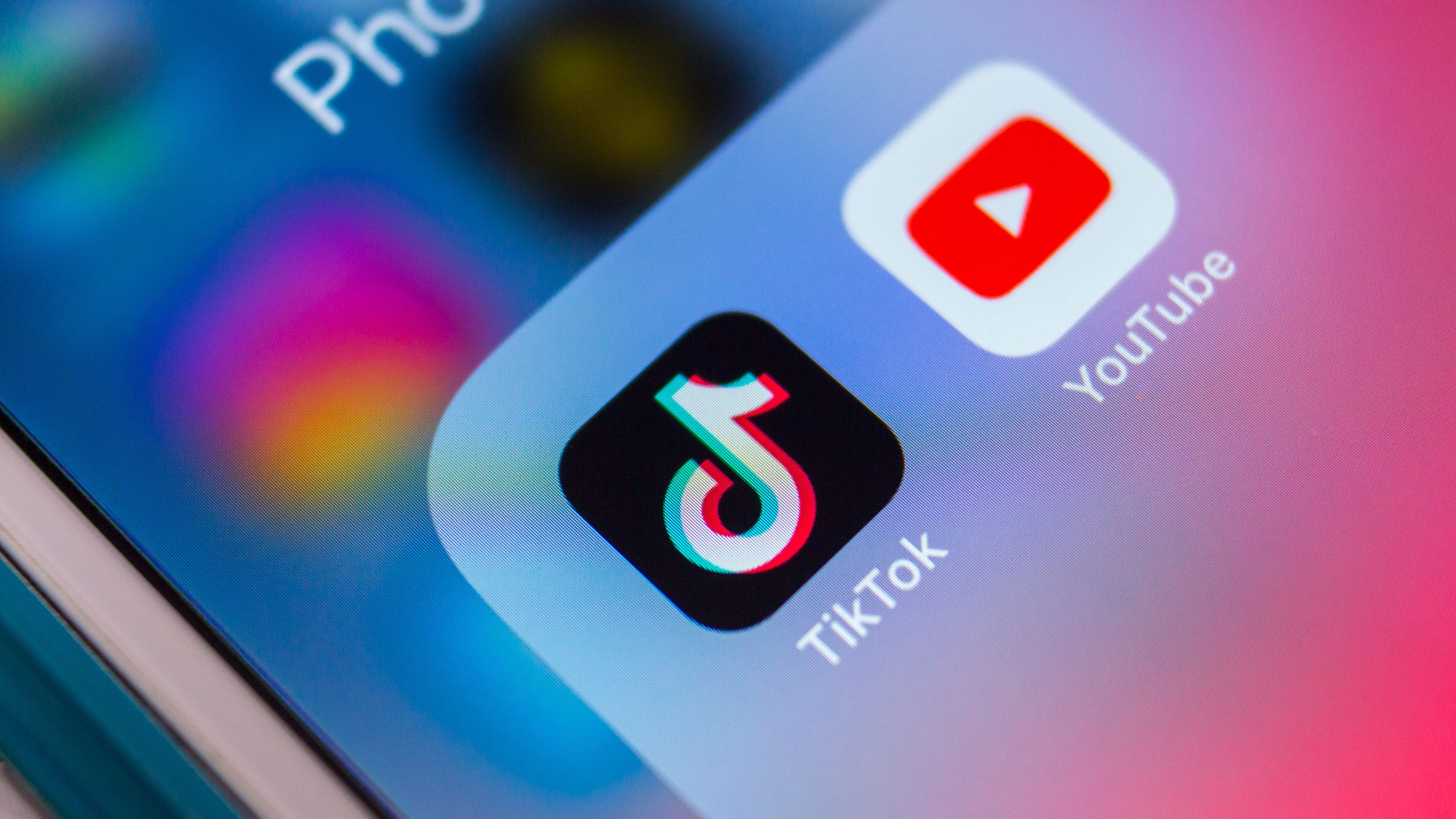
Another accusation made by Wray was that the Chinese government could strong-arm TikTok in a way that would allow it to "control the recommendation algorithm", therefore giving it huge potential influence given that more people than ever get their news from TikTok and YouTube.
While there's currently no hard evidence of either practice being widespread on TikTok, it does (like Facebook and Instagram) collect a lot of user data. And last year, four employees were fired from TikTok's parent company ByteDance for allegedly gathering usage data of US journalists.
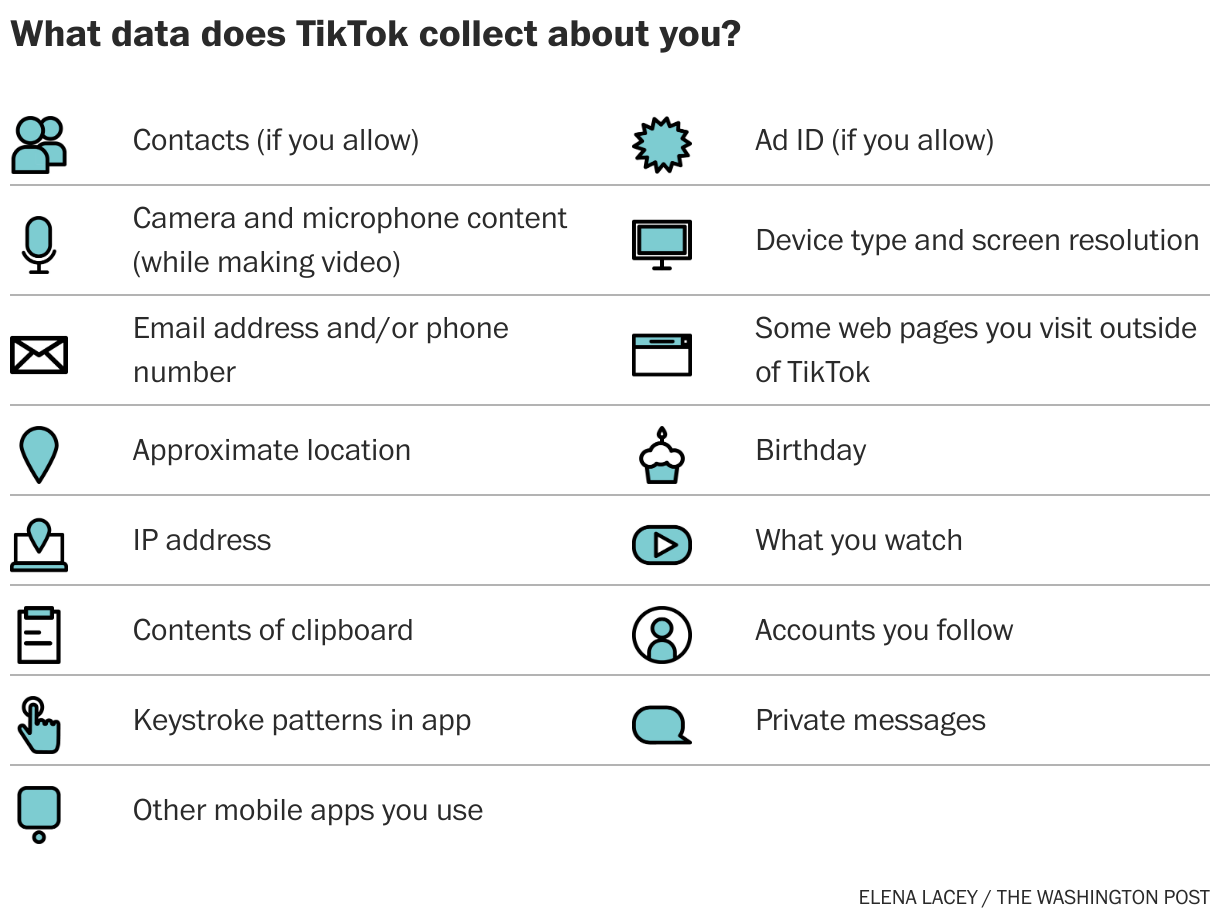
Clearly, the US Government thinks this is a big enough security risk for it to force TikTok's owners ByteDance to sell the app or ban it in the US.
But TikTok isn't going down without a fight. On March 22, 2023, TikTok CEO Shou Zi Chew argued that the app has "never shared US users data" and has a "responsibility to protect" its 150 million US users. And on April 24, its statement in response to the bill said "we have invested billions of dollars to keep U.S. data safe and our platform free from outside influence and manipulation".
TikTok ban: what happens next?
While the new bill that President Biden has signed into law is the biggest step so far towards a TikTok ban, this case still has a long way to run.
The bill gives ByteDance 270 days to sell the app's operations in the US. That means the deadline is on January 20, although it could potentially be extended – depending on who is US President by then.
But TikTok has already stated that it will fight the bill in the courts. In its statement on April 24, it said "this ban would devastate seven million businesses and silence 170 million Americans".
It added that "as we continue to challenge this unconstitutional ban, we will continue investing and innovating to ensure TikTok remains a space where Americans of all walks of life can safely come to share their experiences, find joy, and be inspired". TikTok also release the video statement below.
@tiktoknewsroom Response to TikTok Ban Bill
♬ original sound - TikTok Newsroom
Back in 2020, the last time TikTok was banned from the US App Store and Play Store, the app managed to get an injunction from a judge in Washington who stated that the order probably exceeded the law.
That could happen again, or ByteDance could go straight to challenging what it calls the "unconstitutional" aspect of the law that's just been signed by President Biden. Either way, we could be in for years of legal wranglings that take us beyond that initial 270-day deadline – so US TikTok fans don't need to worry about the plug being pulled just yet.
How would a TikTok ban work?
We've actually already seen the most likely way that a TikTok ban would work in practice. Back in September 2020, the US Department of Commerce issued a ban that ordered both Apple and Google to remove TikTok and WeChat from their US app stores.
This ban was ultimately blocked by a federal judge and eventually revoked by President Biden last year, but the incident gives us a taste of what might happen if TikTok's owners refuse to give up their stakes in the app.
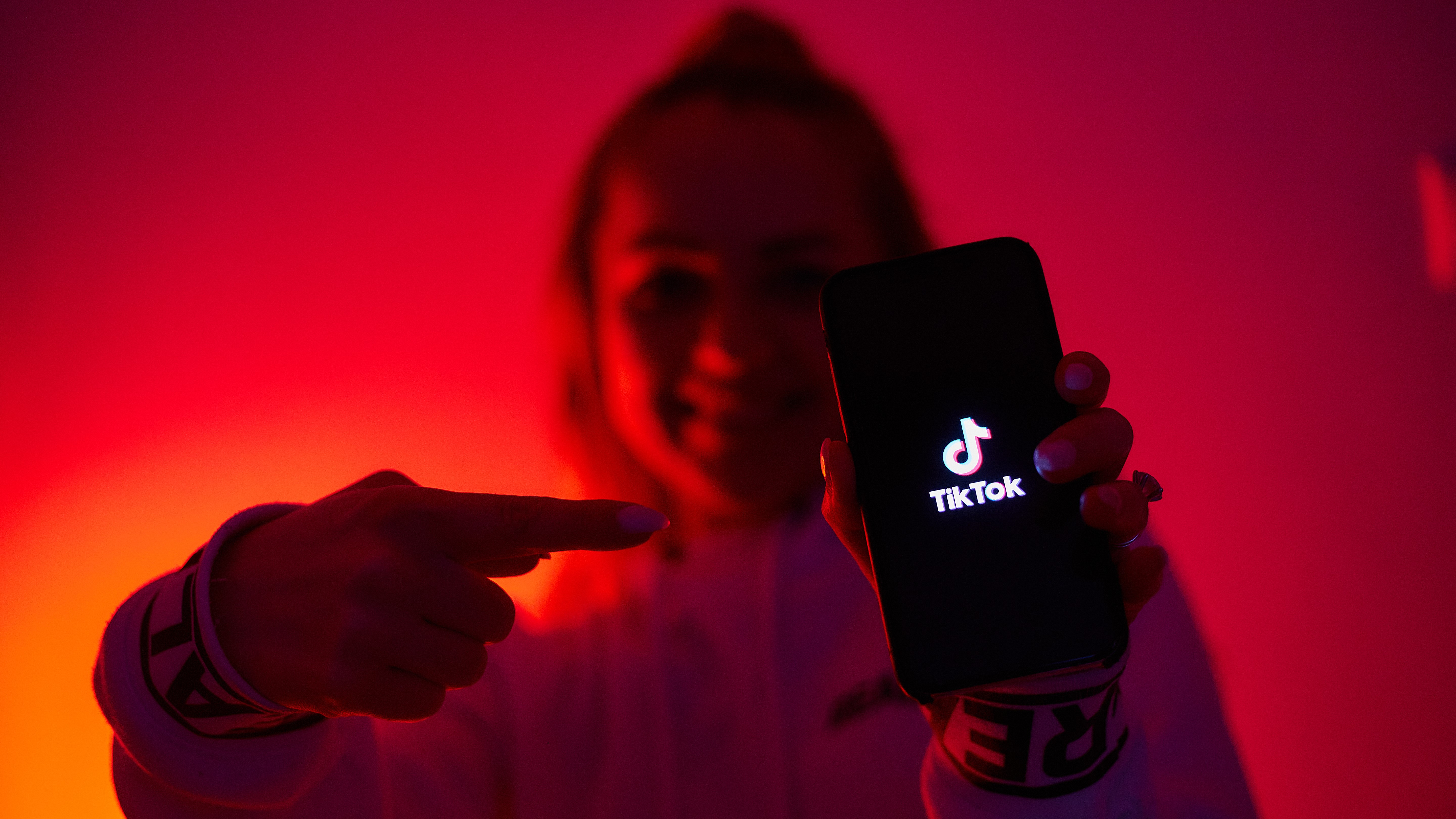
If US users can't download TikTok from the iOS or Android app stores, that would cut them off from future updates. And after a while, this would likely result in the app no longer working on their smartphones.
It may also be possible for the US Government to prevent TikTok access by identifying users' IP addresses, and blocking access to the web version of the app. But it isn't yet clear if that's on the cards, and there would be potential ways around this.
Is there a way around a potential TikTok Ban?
While a ban on TikTok appearing in the Apple App Store or Google Play Store would be a major roadblock to using the app in the US, there could be potential workarounds if that happened.
The most obvious way would be to use one of the best mobile VPNs to change your location (at least in the eyes of your ISP). While this would come at a monthly cost, the method could work, as long as you choose a server that's based in a country where TikTok isn't banned.
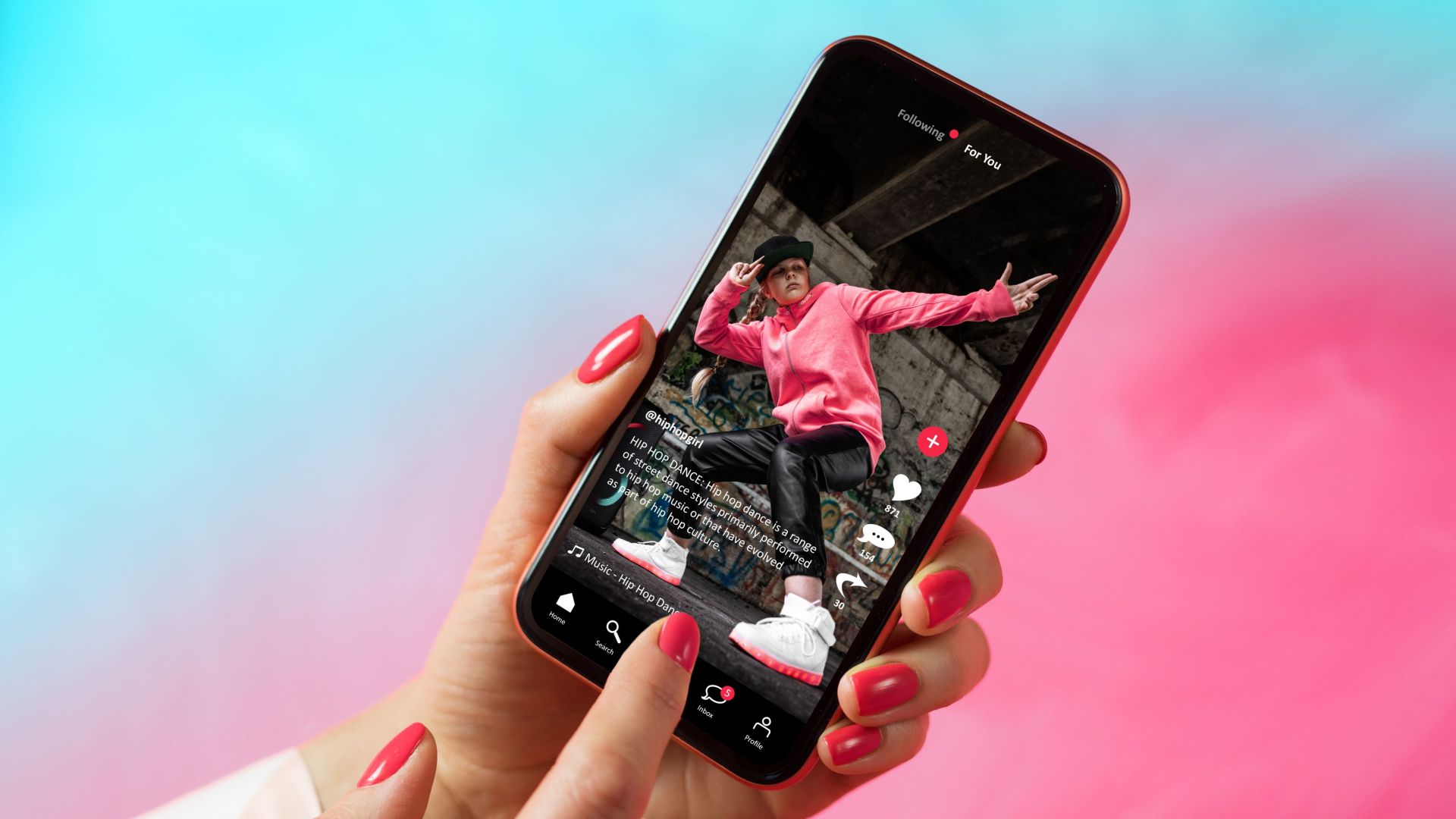
Our top mobile VPN right now is ExpressVPN, though NordVPN and Surfshark are also good choices. That said, there is a chance that even these VPNs may not be able to circumvent a TikTok ban in the US.
TikTok says that it "collects your approximate location information based on your device or network information, such as SIM card and IP address". In theory, this means that your device could still use that rough location data to ban you from using the service.
If that's the case, your best hope may be the emergence of spin-off TikTok apps, which is what happened in India when the country banned the app in 2020.
You might also like

Mark is TechRadar's Senior news editor. Having worked in tech journalism for a ludicrous 17 years, Mark is now attempting to break the world record for the number of camera bags hoarded by one person. He was previously Cameras Editor at both TechRadar and Trusted Reviews, Acting editor on Stuff.tv, as well as Features editor and Reviews editor on Stuff magazine. As a freelancer, he's contributed to titles including The Sunday Times, FourFourTwo and Arena. And in a former life, he also won The Daily Telegraph's Young Sportswriter of the Year. But that was before he discovered the strange joys of getting up at 4am for a photo shoot in London's Square Mile.